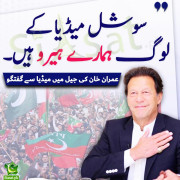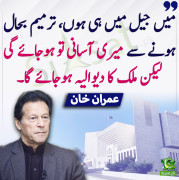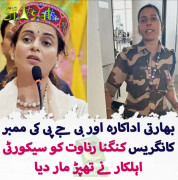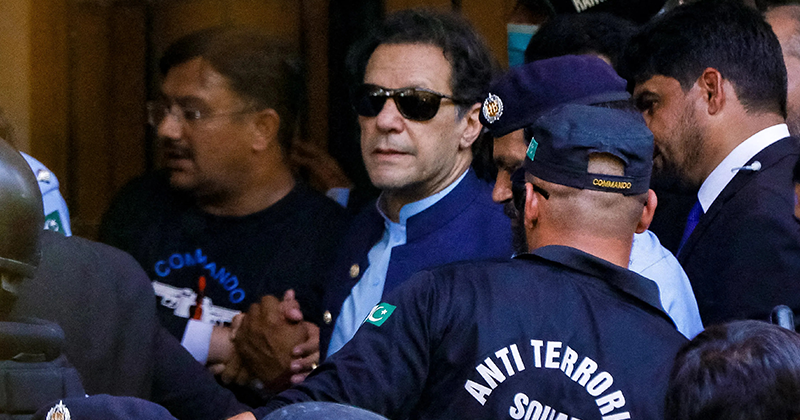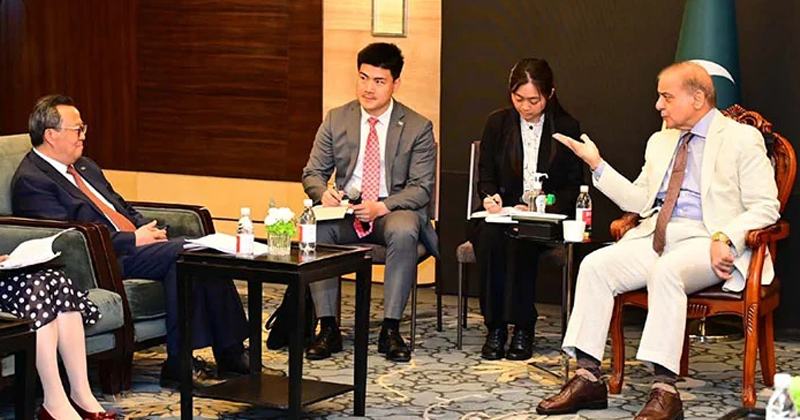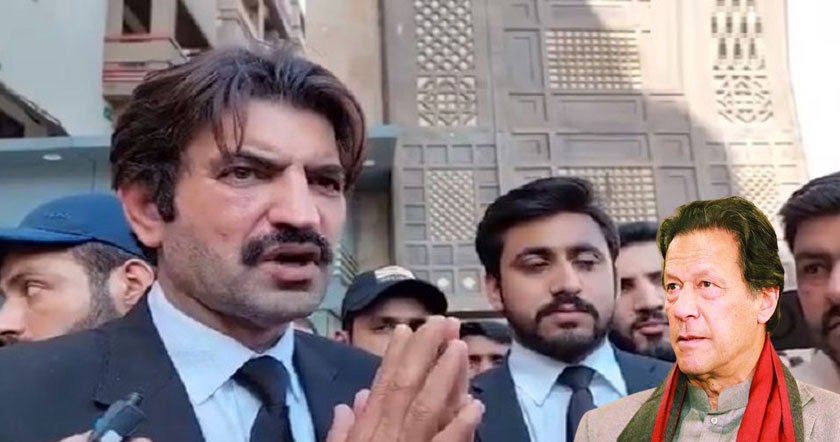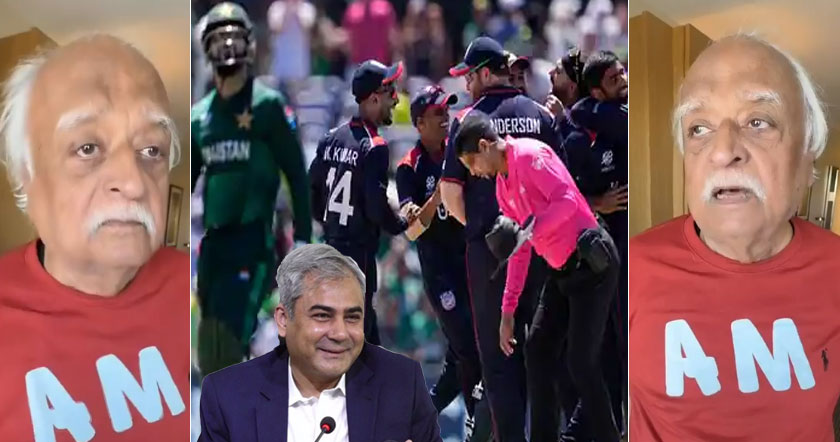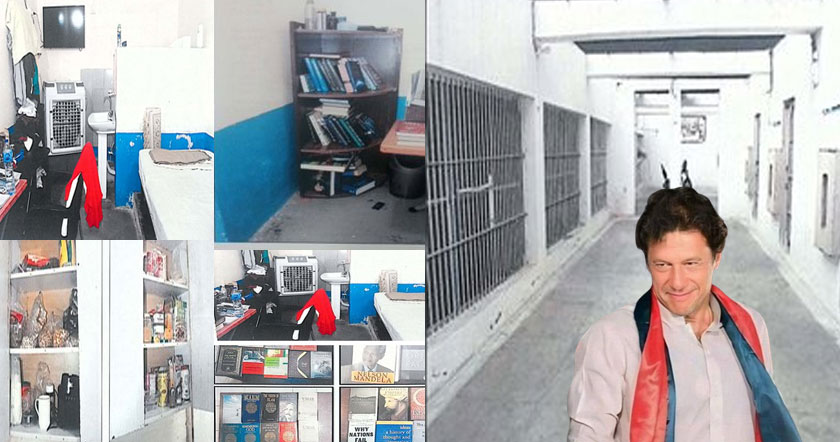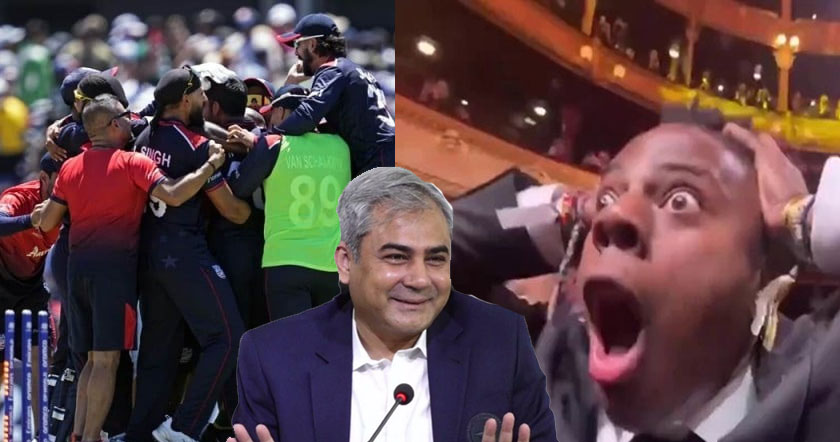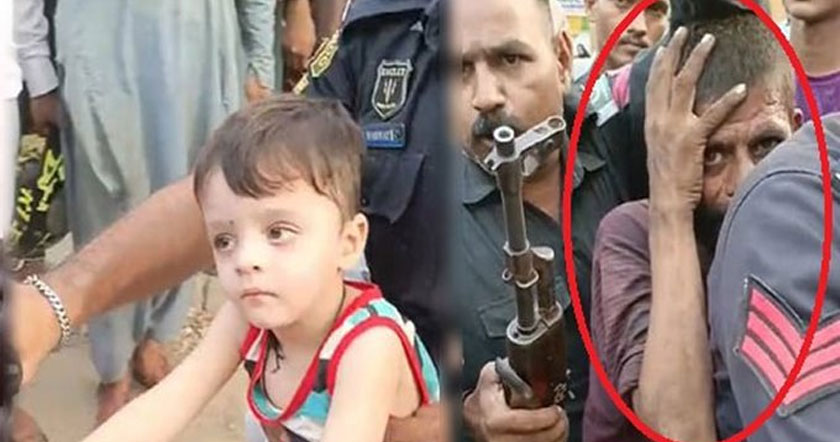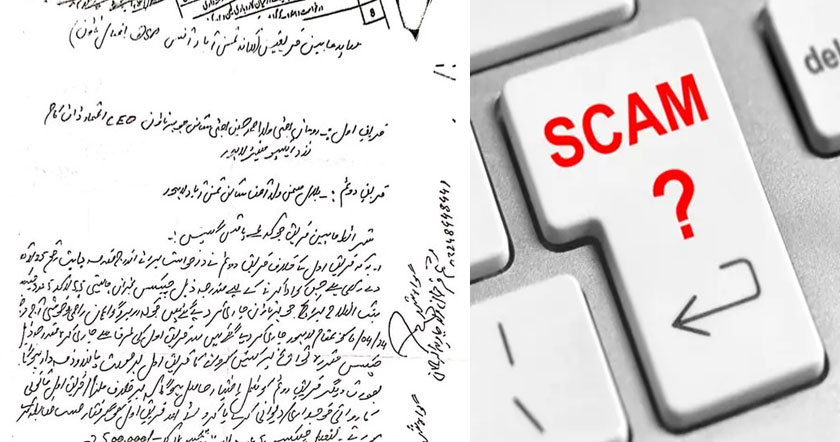Dear Aslam Baig Sahib,
I heard you talking in a TV programme sometime back, where you once again disputed your role in forming the IJI and your involvement in the Mehrangate Scandal to the sheer shock of the audience. Sir, I will be short and precise in whatever I write because I am traumatised at what you said in the court of law and that too under oath of the holy book.
Let me remind you general to what you said in the Supreme Court in 1997 (Human Rights Petition 19/96 filed by Air Marshal Asghar Khan). Aslam Baig Sahib, your quotes from the SC records are “the money was donated by Younas Habib. The ISI was acting under the directions of higher authorities. As chief of the army staff at that time, when I was informed of this matter, my only concern was that the money received by the ISI was utilised properly and an account was maintained and beyond that I had no concern with the money...” Referring to the amount raised by the ISI for possibly helping right-wing political parties.
But, your astounding claim that you only “over-looked” the operation was rebuffed by your own ISI chief during the time, General Asad Durrani, who filed an affidavit in response to your rather, innocent claim. Gen Durrani, who later in 1996 became our ambassador in Germany, when approached by the SC, wrote an affidavit, confirming that he had received instructions from COAS General Beg (you) to provide ‘logistic support’ for the disbursement of donations made by certain ‘businessmen of Karachi’ to the IJI election campaign of 1990, and was told that the operation had the blessings of the government rebutting your claim that you acted only as a ‘watchdog’.
General Beg, Iqbal Haider who is now a human rights activist, defended General Nasurullah Baber and in a recorded statement (record could be verified by the SC registrar) said, “The ISI was involved in politics”.
Lt General Hameed Gul, a former ISI chief, was on record as having boasted that it was he who created the IJI, and another ISI chief, Lt General Javed Nasir, had taken credit for creating the MQM Haqiqi.
Supplementary to this in an another affidavit filed by Gen Babur in the SC (HRC 19/96) included Asad Durrani’s (your ISI Chief) confidential letter to the late Benazir Bhutto which read, “My dear prime minister, A few points I could not include in my ‘confessional statement’ handed over to the director, FIA. These could be embarrassing or sensitive. (a) The recipients included Khar Rs 2 million, Hafeez Pirzada Rs 3 million, Sarwar Cheema Rs 0.5 million and Mairaj Khalid Rs 0.2 million. (b) The remaining Rs 80 million were either deposited in the ISI’s ‘K’ fund (60m) or given to director external intelligence for special operations (perhaps the saving grace of this disgraceful exercise. But it is delicate information.) [Noted in the margin of this paragraph, by the writer in his own hand: “This is false. The amount was pocketed by Beg (Friends)”]
“If the idea is to put Gen Beg on the mat: he was merely providing ‘logistic support’ to donations made by a community ‘under instructions’ from the government and with the ‘consent’ of the military high command. In any case; I understand he is implicated in some other deals in the same case...” Asad Durrani claimed. Fair enough, but money worth Rs 60 million that was supposed to be made to the ISI’s K Fund went to your pockets. General Baig, this is serious, because as per your own ISI chief, “you” and “your friends” pocketed the money.
And friends, sir? Apparently, Naseerullah Babar also filed in court a copy of a bank account sheet headed “G/L Account. Activity Report. Account 12110101 G Baig (sic)” The column heads read “Transaction, Date, Particulars, Debit, Credit”.
The numbered transactions took place between October 23, 1991, and December 12, 1993.
The first transaction listed was “Cash-PO Karachi Bar Association A/C Gen Baig (sic.), debit, Rs 505,680” (advocate Mirza Adil Beg, Aslam Beg’s nephew, the then president of the KBA, confirms that the KBA received the money). In January 1992, $20,000 was sold @ 26.50 and Rs 530,000 was credited to the account. Thereafter all debits: “Arshi c/o Gen Baig (sic.) Rs 290,000; Cash paid to Gen Shab Rs 240,000; Cash Friends Rs 100,000 [Aslam Beg’s organisation, FRIENDS, Foundation for Research on National Development and Security]; Cash TT to Yamin to pay Gen Sahib Rs 300,000; Cash TT to Yamin Habib Rs 1,200,000 ; Cash Friends Rs 100,000 ; Cash Friends Rs 100,000 ; Cash paid through YH 1,000,000 ; Cash Friends TT to Salim Khan Rs 200,000 ; Cash Rs 100,000 ; Cash Towards Friends Rs 500,000 ; Cash Asif Shah for Bungalow Rs 35,000 ; Cash Friends Rs 100,000 ; Cash Friends Rs 100,000 ; Cash TT through Yamin for Friends Rs 100,000 ; Cash paid to Fakhruddin G Ebrahim Rs 200,000 [he confirms having received the money from General Baig as fees and expenses for defending him in the contempt of court charge brought against him - PLD 1993 SC310] ; Cash paid through TT to Yamin for Friends ; Cash paid to Fakhruddin G Ebrahim Rs 128,640 [he confirms receipt for fees/expenses for contempt case] ; Cash Guards at 11-A Rs 10,500 ; Cash TT for $240,000 Fav Riaz Malik to City Bank (sic) New York Rs 6876,000 ; Cash Friends Rs 100,000; Cash Guards at 11-A Rs 10,500 ; Cash Major Kiyani Rs 10,000; Cash mobile phone for Col Mashadi Rs 28,911 ; Cash TT fav Qazi Iqbal and M Guddul Rs 300,000 ; Cash Major Kiyani Rs 10,000 ; Cash TT to Peshawar Rs 300,000 ; Cash deposited at Karachi A/C EC [Election Commission] Rs 300,000 ; Cash Guards Rs 24,000 ; Cash TT to Quetta Rs 700,000 ; Cash mobile bill of Col Mashadi Rs 3,237 ; Cash TT to Peshawar Br Rs 400,000 ; Cash deposited at Karachi Br Rs 400,000 ; Cash Guards Rs 11,520 ; Cash TT to Peshawar for EC Rs 200,000 ; Cash TT to Quetta for EC Rs 200,000 ; Cash Guards Rs 5,760 ; Cash Major Kiyani Rs 5,000 ; Cash A/C Guards Rs 8,640 ; Cash th YH Rs 200,000 ; Cash A/C Guards Rs 5,760 ; Cash TT to Salim Khan Rs 100,000.”
General Aslam Baig, its about time you come clean on the allegations and apologise to the nation for not only laundering the nation’s tax money, but artificially forming a right-wing political party, or face Article 6. It is also the duty of the SC to take up the petition of Air Marshal Asghar Khan and take it to its logical conclusion.
Warm Regards,
Ali K Chishti
http://www.dailytimes.com.pk/default.asp?page=2010/10/12/story_12-10-2010_pg7_23
I heard you talking in a TV programme sometime back, where you once again disputed your role in forming the IJI and your involvement in the Mehrangate Scandal to the sheer shock of the audience. Sir, I will be short and precise in whatever I write because I am traumatised at what you said in the court of law and that too under oath of the holy book.
Let me remind you general to what you said in the Supreme Court in 1997 (Human Rights Petition 19/96 filed by Air Marshal Asghar Khan). Aslam Baig Sahib, your quotes from the SC records are “the money was donated by Younas Habib. The ISI was acting under the directions of higher authorities. As chief of the army staff at that time, when I was informed of this matter, my only concern was that the money received by the ISI was utilised properly and an account was maintained and beyond that I had no concern with the money...” Referring to the amount raised by the ISI for possibly helping right-wing political parties.
But, your astounding claim that you only “over-looked” the operation was rebuffed by your own ISI chief during the time, General Asad Durrani, who filed an affidavit in response to your rather, innocent claim. Gen Durrani, who later in 1996 became our ambassador in Germany, when approached by the SC, wrote an affidavit, confirming that he had received instructions from COAS General Beg (you) to provide ‘logistic support’ for the disbursement of donations made by certain ‘businessmen of Karachi’ to the IJI election campaign of 1990, and was told that the operation had the blessings of the government rebutting your claim that you acted only as a ‘watchdog’.
General Beg, Iqbal Haider who is now a human rights activist, defended General Nasurullah Baber and in a recorded statement (record could be verified by the SC registrar) said, “The ISI was involved in politics”.
Lt General Hameed Gul, a former ISI chief, was on record as having boasted that it was he who created the IJI, and another ISI chief, Lt General Javed Nasir, had taken credit for creating the MQM Haqiqi.
Supplementary to this in an another affidavit filed by Gen Babur in the SC (HRC 19/96) included Asad Durrani’s (your ISI Chief) confidential letter to the late Benazir Bhutto which read, “My dear prime minister, A few points I could not include in my ‘confessional statement’ handed over to the director, FIA. These could be embarrassing or sensitive. (a) The recipients included Khar Rs 2 million, Hafeez Pirzada Rs 3 million, Sarwar Cheema Rs 0.5 million and Mairaj Khalid Rs 0.2 million. (b) The remaining Rs 80 million were either deposited in the ISI’s ‘K’ fund (60m) or given to director external intelligence for special operations (perhaps the saving grace of this disgraceful exercise. But it is delicate information.) [Noted in the margin of this paragraph, by the writer in his own hand: “This is false. The amount was pocketed by Beg (Friends)”]
“If the idea is to put Gen Beg on the mat: he was merely providing ‘logistic support’ to donations made by a community ‘under instructions’ from the government and with the ‘consent’ of the military high command. In any case; I understand he is implicated in some other deals in the same case...” Asad Durrani claimed. Fair enough, but money worth Rs 60 million that was supposed to be made to the ISI’s K Fund went to your pockets. General Baig, this is serious, because as per your own ISI chief, “you” and “your friends” pocketed the money.
And friends, sir? Apparently, Naseerullah Babar also filed in court a copy of a bank account sheet headed “G/L Account. Activity Report. Account 12110101 G Baig (sic)” The column heads read “Transaction, Date, Particulars, Debit, Credit”.
The numbered transactions took place between October 23, 1991, and December 12, 1993.
The first transaction listed was “Cash-PO Karachi Bar Association A/C Gen Baig (sic.), debit, Rs 505,680” (advocate Mirza Adil Beg, Aslam Beg’s nephew, the then president of the KBA, confirms that the KBA received the money). In January 1992, $20,000 was sold @ 26.50 and Rs 530,000 was credited to the account. Thereafter all debits: “Arshi c/o Gen Baig (sic.) Rs 290,000; Cash paid to Gen Shab Rs 240,000; Cash Friends Rs 100,000 [Aslam Beg’s organisation, FRIENDS, Foundation for Research on National Development and Security]; Cash TT to Yamin to pay Gen Sahib Rs 300,000; Cash TT to Yamin Habib Rs 1,200,000 ; Cash Friends Rs 100,000 ; Cash Friends Rs 100,000 ; Cash paid through YH 1,000,000 ; Cash Friends TT to Salim Khan Rs 200,000 ; Cash Rs 100,000 ; Cash Towards Friends Rs 500,000 ; Cash Asif Shah for Bungalow Rs 35,000 ; Cash Friends Rs 100,000 ; Cash Friends Rs 100,000 ; Cash TT through Yamin for Friends Rs 100,000 ; Cash paid to Fakhruddin G Ebrahim Rs 200,000 [he confirms having received the money from General Baig as fees and expenses for defending him in the contempt of court charge brought against him - PLD 1993 SC310] ; Cash paid through TT to Yamin for Friends ; Cash paid to Fakhruddin G Ebrahim Rs 128,640 [he confirms receipt for fees/expenses for contempt case] ; Cash Guards at 11-A Rs 10,500 ; Cash TT for $240,000 Fav Riaz Malik to City Bank (sic) New York Rs 6876,000 ; Cash Friends Rs 100,000; Cash Guards at 11-A Rs 10,500 ; Cash Major Kiyani Rs 10,000; Cash mobile phone for Col Mashadi Rs 28,911 ; Cash TT fav Qazi Iqbal and M Guddul Rs 300,000 ; Cash Major Kiyani Rs 10,000 ; Cash TT to Peshawar Rs 300,000 ; Cash deposited at Karachi A/C EC [Election Commission] Rs 300,000 ; Cash Guards Rs 24,000 ; Cash TT to Quetta Rs 700,000 ; Cash mobile bill of Col Mashadi Rs 3,237 ; Cash TT to Peshawar Br Rs 400,000 ; Cash deposited at Karachi Br Rs 400,000 ; Cash Guards Rs 11,520 ; Cash TT to Peshawar for EC Rs 200,000 ; Cash TT to Quetta for EC Rs 200,000 ; Cash Guards Rs 5,760 ; Cash Major Kiyani Rs 5,000 ; Cash A/C Guards Rs 8,640 ; Cash th YH Rs 200,000 ; Cash A/C Guards Rs 5,760 ; Cash TT to Salim Khan Rs 100,000.”
General Aslam Baig, its about time you come clean on the allegations and apologise to the nation for not only laundering the nation’s tax money, but artificially forming a right-wing political party, or face Article 6. It is also the duty of the SC to take up the petition of Air Marshal Asghar Khan and take it to its logical conclusion.
Warm Regards,
Ali K Chishti
http://www.dailytimes.com.pk/default.asp?page=2010/10/12/story_12-10-2010_pg7_23





